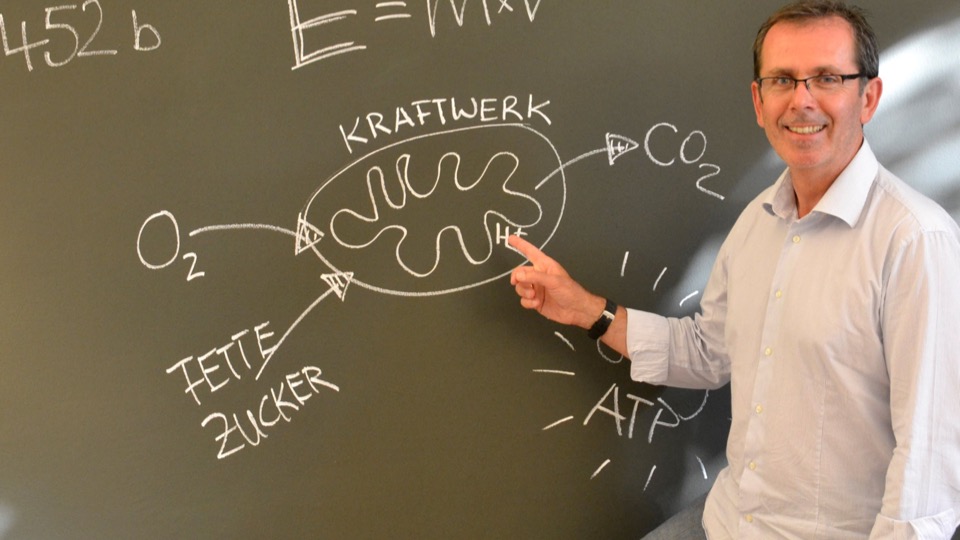
Prof. Dr. Hermann Buhl, Hypoxia – Visionary and for a long time our Medical Director.

Nobel Prize for Hypoxia
In the 1980s, scientists in the former USSR used “artificial” hypoxia to prepare their pilots and astronauts for their missions. This resulted in a new form of training and therapy – IHT training (Interval Hypoxia Training).
IHT was used successfully there both in competitive sports and in medicine. But in the western world this was still viewed very critically. Prof. Dr. Martin Burtscher was one of the first scientists at a Western European university to deal intensively with hypoxia research and publish studies in the fields of cardiology, pulmonology and sports medicine. As a device supplier and supporter of numerous universities and research institutions, we have made a significant contribution to the rapid increase in the number of publications.
As early as 2006, long before other companies did so, we presented our concept at medical congresses together with our scientific director at the time, Prof. Dr. Hermann Buhl*, and did not always receive positive feedback for it, which did not stop us from continuing to work on our idea.
In 2008, we conducted studies in the area of metabolic syndrome together with the Charitè in Berlin at our then training institute in Cologne. Further studies with the DSHS in Cologne and the universities in Magdeburg, Heidelberg and others followed. We then created evaluated training concepts for a wide variety of target groups, which are still being successfully implemented today.
Our path was confirmed by the award of the 2019 Nobel Prize in Medicine for research into hypoxia in the human organism.
With our I(H)HT training concept, you get a non-invasive and highly effective training method that works on the mitochondrial, vegetative and endothelial level. Numerous studies and practical experiences confirm this. We will be happy to send you our hypoxia compendium.
*Prof. Dr. Hermann Buhl was research director of the FKS as well as head of the High Altitude Medical Center of the GDR in Kienbaum. In this capacity, he had already researched many of the now confirmed levels of effect of hypoxia training on our organism in the 1980s. On the basis of many biopsies, he was able to prove the strong influence of hypoxia on the mitochondrion. Even after his time in competitive sports, altitude training never left him and together with us he then developed new hypoxia training concepts for patients. “He was very inspiring for me and his deep insights into the cell and our long – often also very philosophical – conversations have always encouraged me to further develop the topic of hypoxia training”, Harry Mutschler CEO Höhenbalance GmbH.





